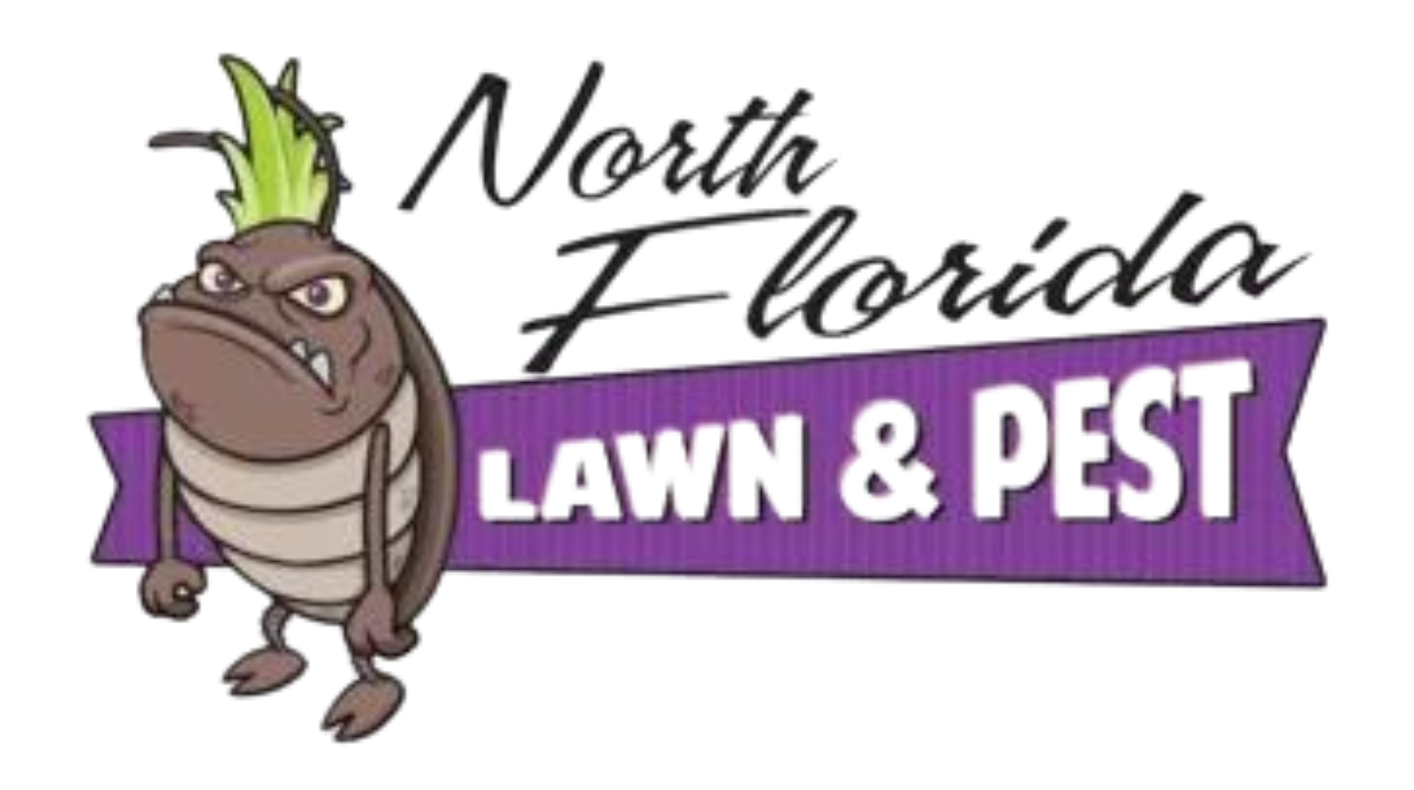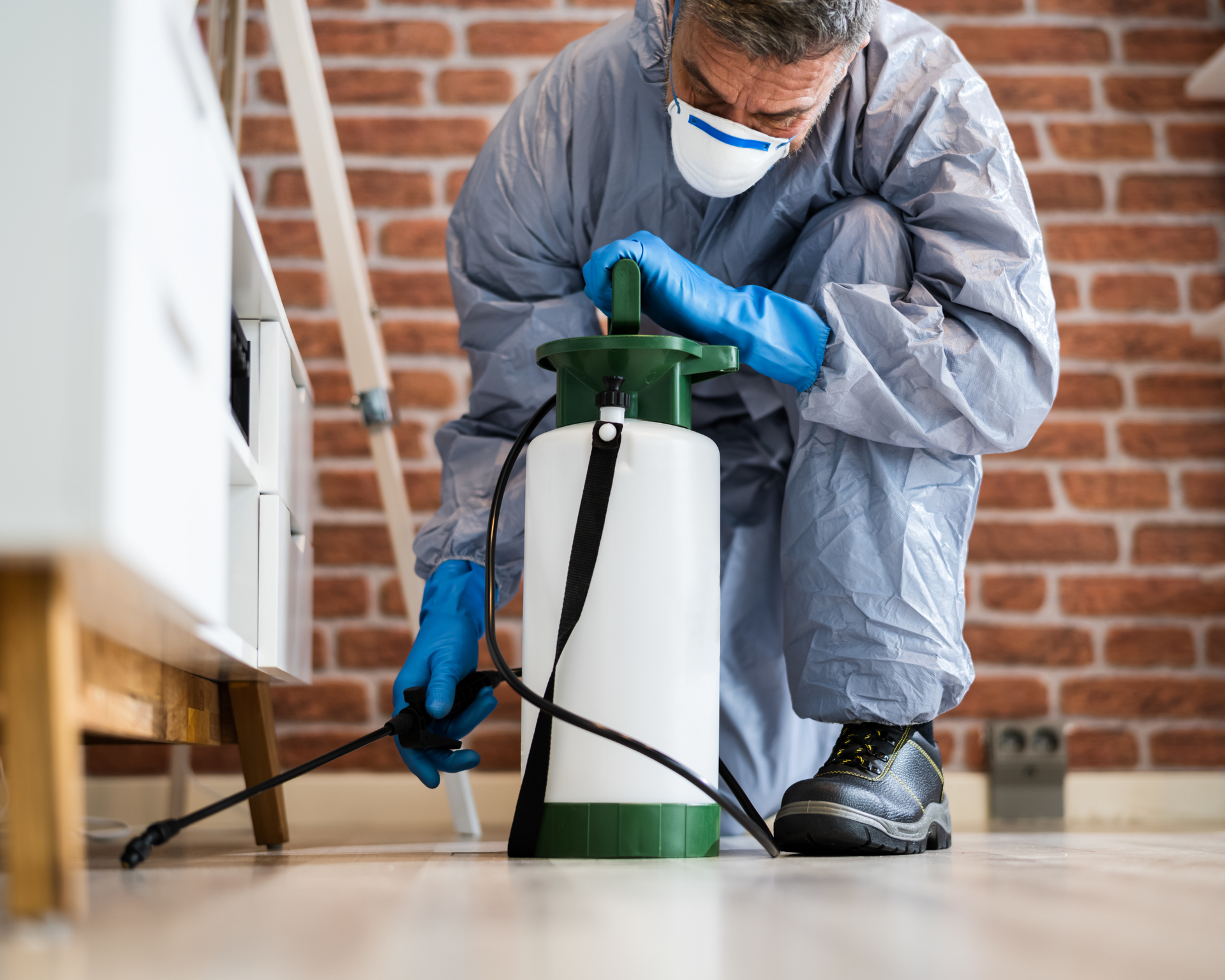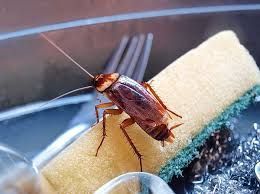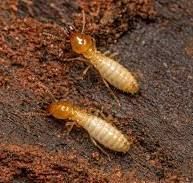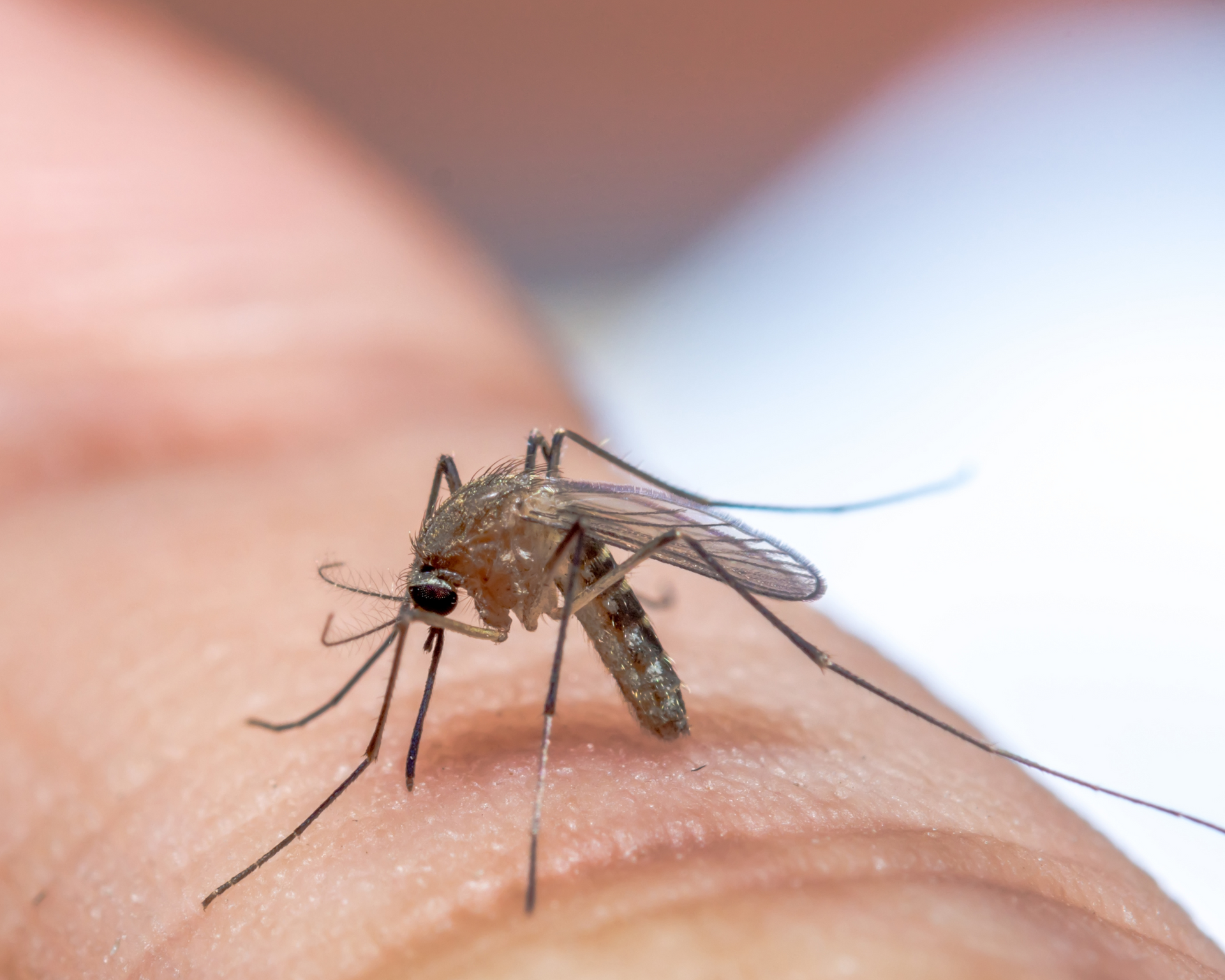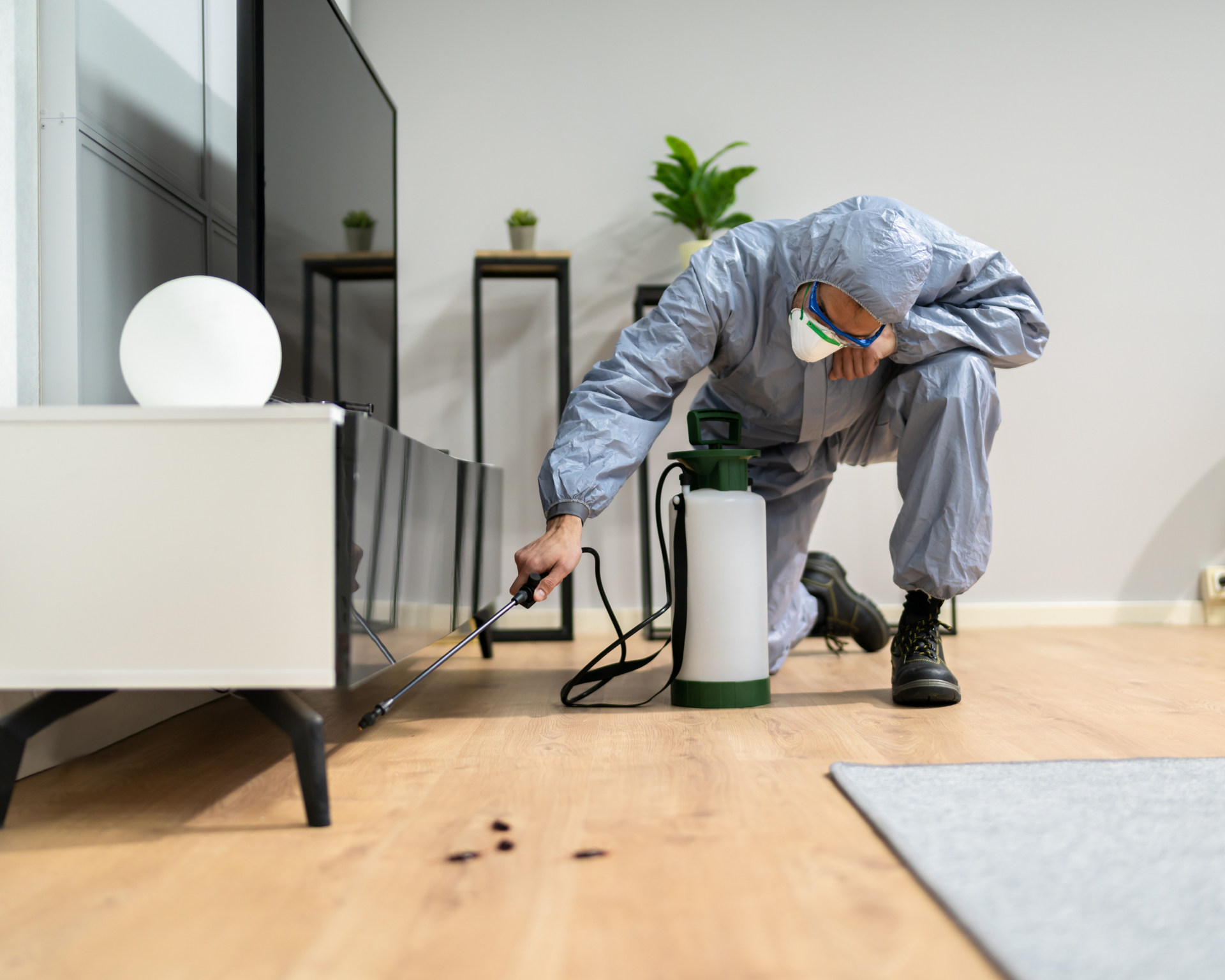Can You Have Pest Control While Pregnant?
Is pest control treatment ok for pregnant?
Expecting a baby is one of the most exciting times in life, but it also comes with a heightened awareness of your surroundings and the things that could potentially affect your health or your baby’s. One concern many pregnant women have is whether it’s safe to continue pest control services while pregnant. It’s a valid concern—after all, no one wants to expose their growing baby to harmful chemicals. However, with today’s pest control methods, it’s entirely possible to keep your home pest-free without risking your health or the health of your baby.
The Hidden Dangers of Pest Infestations
While it’s natural to be cautious about chemicals, many people don’t realize that pest infestations themselves pose serious health risks. Insects, rodents, and other pests can carry bacteria and spread diseases that could be harmful to you and your family. For example, cockroaches can trigger asthma and allergy symptoms, and rodents can carry dangerous diseases like Hantavirus or Salmonella. Mosquitoes, ants, and other biting insects can cause painful bites that may even lead to allergic reactions.
During pregnancy, when your immune system is naturally suppressed, you may be more vulnerable to infections, so it’s especially important to avoid pest infestations. Pests can contaminate your food, your living spaces, and even the air you breathe. So, while it’s understandable to be cautious about pest control treatments, avoiding pest infestations is actually crucial for your health during pregnancy.
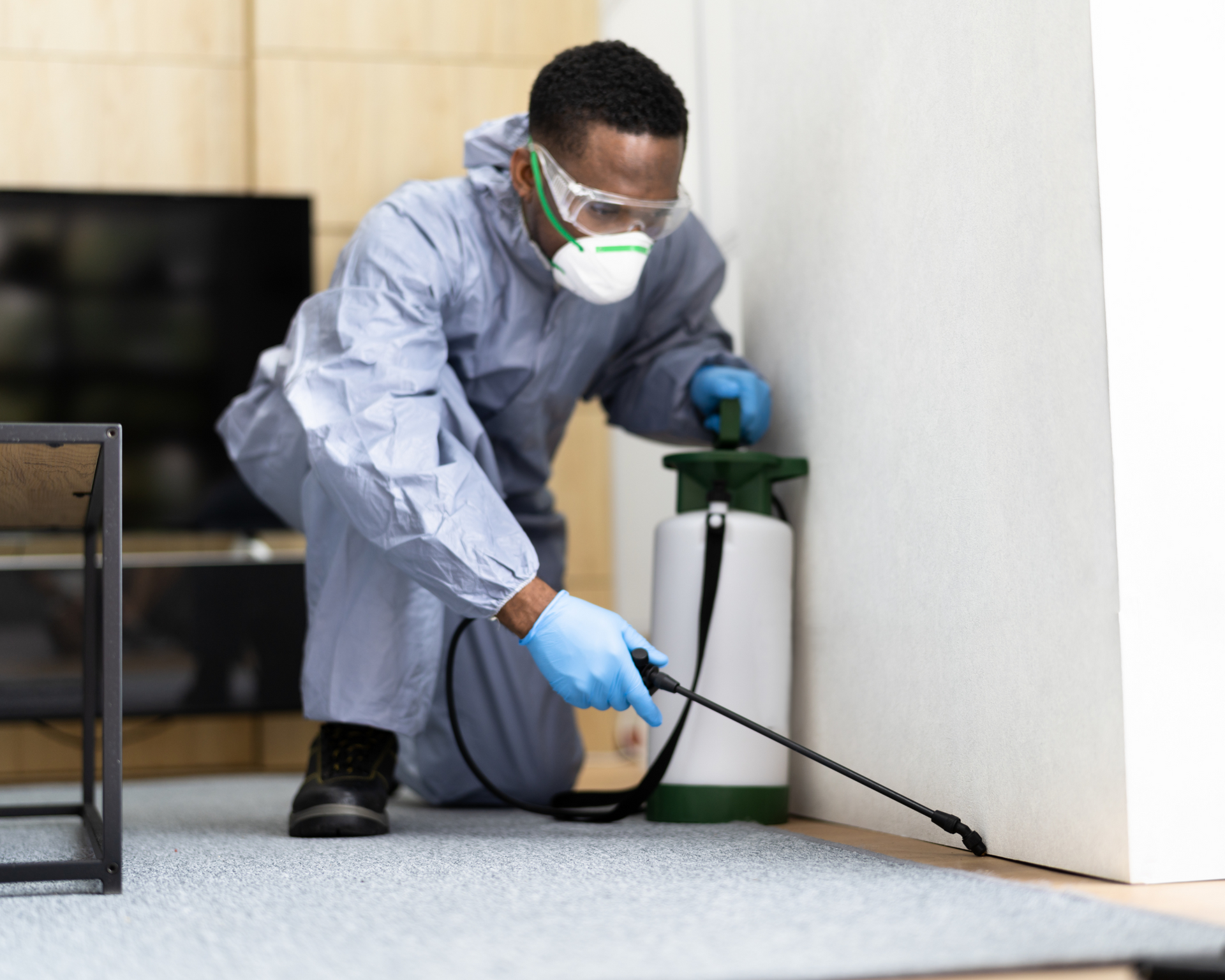
The Hidden Dangers of Pest Infestations
While it’s natural to be cautious about chemicals, many people don’t realize that pest infestations themselves pose serious health risks. Insects, rodents, and other pests can carry bacteria and spread diseases that could be harmful to you and your family. For example, cockroaches can trigger asthma and allergy symptoms, and rodents can carry dangerous diseases like Hantavirus or Salmonella. Mosquitoes, ants, and other biting insects can cause painful bites that may even lead to allergic reactions.
During pregnancy, when your immune system is naturally suppressed, you may be more vulnerable to infections, so it’s especially important to avoid pest infestations. Pests can contaminate your food, your living spaces, and even the air you breathe. So, while it’s understandable to be cautious about pest control treatments, avoiding pest infestations is actually crucial for your health during pregnancy.
Modern Pest Control is Safer Than Ever
One of the biggest misconceptions about pest control is that it involves the heavy use of toxic chemicals that can linger in your home for days. However, advances in pest control technology have made it much safer for families, including those with pregnant women. Many pest control companies now use green, eco-friendly methods to manage pest problems, reducing the need for harmful chemicals. In some cases, pest control technicians can solve the problem without any chemical use at all.
Integrated Pest Management (IPM) is one method that has gained popularity in recent years. IPM focuses on preventing pests from entering your home in the first place, through methods like sealing cracks, using traps, and reducing the factors that attract pests. This approach can dramatically reduce or even eliminate the need for chemical treatments. When chemicals are necessary, pest control professionals now use products that are low in toxicity and applied in very targeted ways, minimizing the exposure for you and your family.
Working With Your Pest Control Technician
If you are pregnant, one of the most important things you can do is communicate with your pest control technician. Let them know that you’re expecting so they can take the necessary precautions to keep you safe. Your technician may use different products or recommend specific actions you can take, such as staying out of the house for a few hours while the treatment is applied. You might also be advised to leave windows open for ventilation after the service is completed.
If you’re concerned about chemical exposure, you can always ask about alternative treatments. Many pest control services offer non-toxic options that are safe for both pregnant women and small children. However, even with traditional chemical treatments, when done properly, the risks are minimal.
Simple Steps to Reduce Exposure
Even though modern pest control is much safer than it used to be, there are still steps you can take to minimize your exposure to any chemicals used:
- Stay Out of Treated Areas: If pest control treatments are being applied, avoid the treated areas until they have had time to dry completely. Depending on the treatment, this may take a few hours, so it’s best to ask your technician how long you should wait.
- Ventilate Your Home: Once the treatment is finished, open windows and doors to allow fresh air to circulate through your home. This will help dissipate any lingering fumes and make the area safer for you to return to.
- Avoid Treated Surfaces: In areas where the pest control treatment has been applied, avoid direct contact with treated surfaces, especially if you plan to sit, lie down, or spend extended periods of time there. This is particularly important for high-traffic areas like the kitchen or living room.
- Wash Surfaces Where You Prepare Food: If pest control treatments have been applied in the kitchen or dining area, it’s a good idea to wipe down countertops and other food preparation areas before using them again. This ensures that no residual chemicals come into contact with your food.
Don’t DIY Pest Control During Pregnancy
It might be tempting to handle pest control yourself, but DIY pest control can actually be riskier than professional services. Store-bought chemicals can be more toxic and pose a higher risk of misuse, especially during pregnancy. There’s also a higher chance of using too much or applying it incorrectly, which can increase your exposure to harmful substances. When it comes to pest control during pregnancy, leaving it to the professionals is often the safer route.
Want To Learn More? Contact Us
If you're expecting, there's no need to completely abandon your pest control services. In fact, continuing with pest management is essential for maintaining a healthy home. The key is to communicate with your pest control technician, choose safer, low-toxicity options, and follow recommended safety guidelines. With the right precautions, you can protect your home from pests without putting your pregnancy at risk.
Contact our team today to learn more about our safe and eco-friendly pest management solutions.
Like this post? Share it here...
